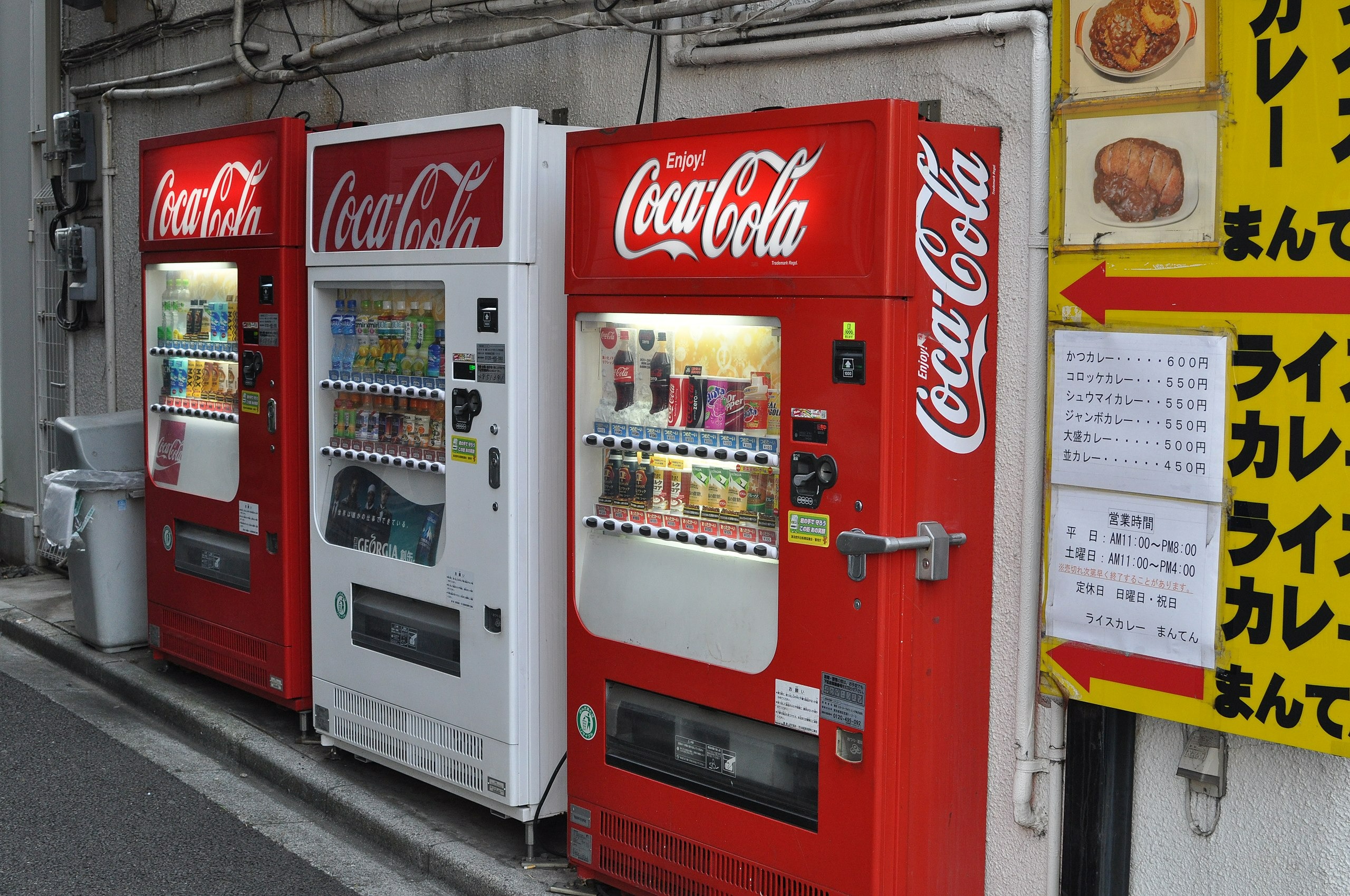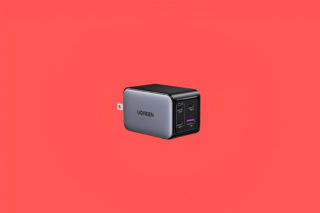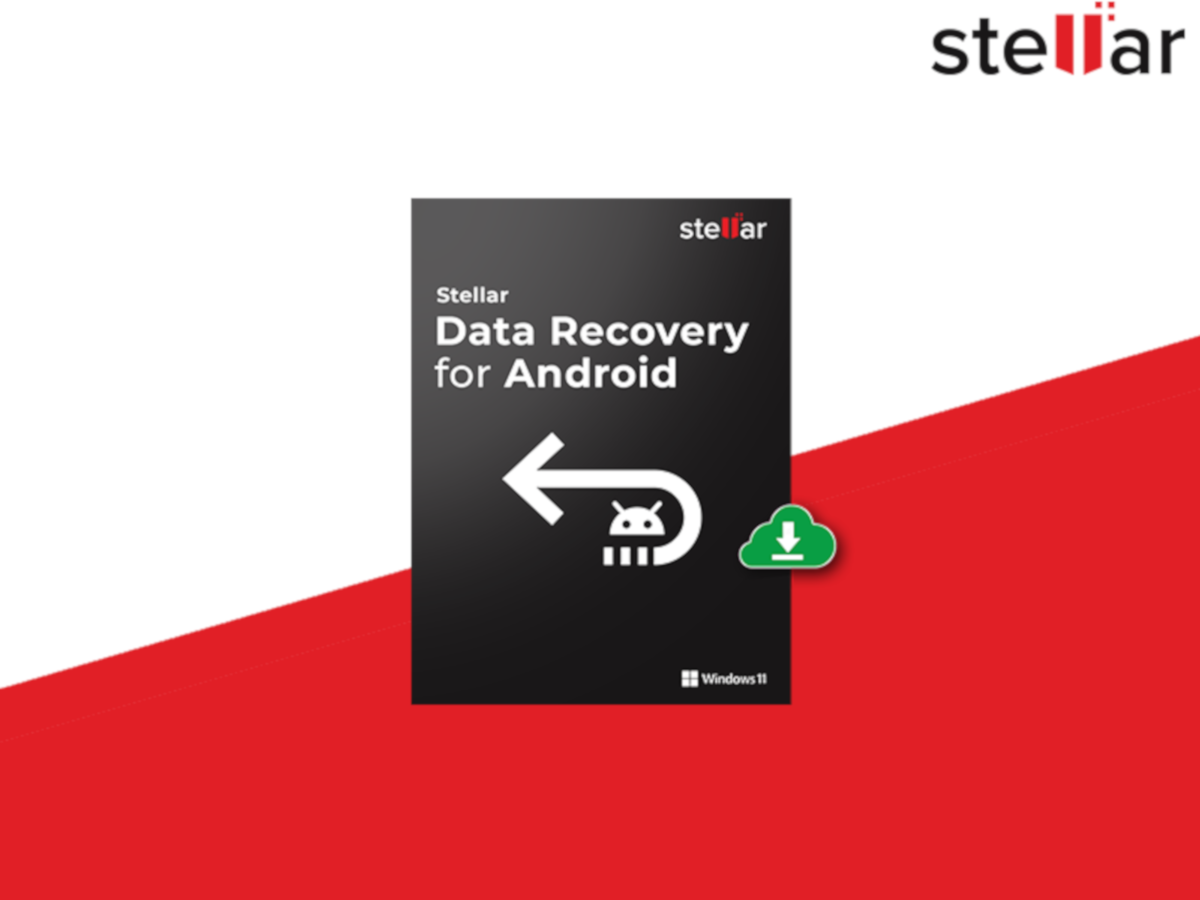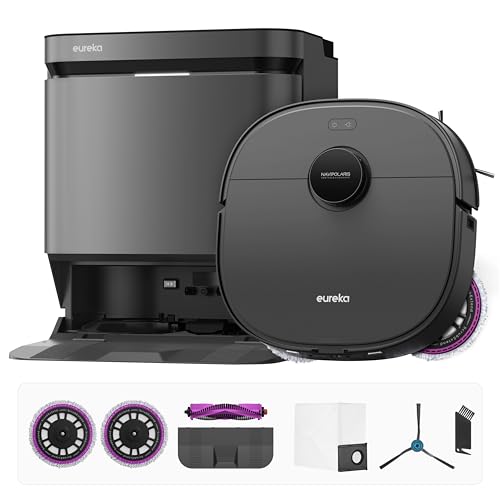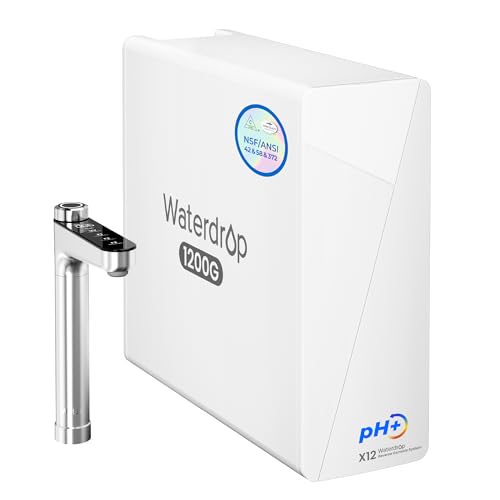Scottish students now earn 20 pence per recycled container through campus reverse vending machines.
Dragging yourself to recycling bins feels like a chore, but getting paid changes everything. Students at New College Lanarkshire across three Scottish campuses can now feed empty cans and plastic bottles into reverse vending machines and watch credits appear for campus dining purchases.
The four-week pilot program offers 20 pence per container—real money that transforms sustainable behavior from obligation into opportunity. Jo Padwick of Coca-Cola Europacific Partners UK explains the research focus: “Giving students the chance to live with a Deposit Return Scheme, something that will soon be part of everyday life, will allow us to see firsthand how people interact with RVMs in reality.”
Building Scotland’s Recycling Infrastructure
This pilot fills the gap while Scotland’s national deposit return scheme faces delays until 2027.
Scotland’s mandatory deposit return scheme hit technical and legislative roadblocks, pushing implementation from 2024 to at least 2027. That creates a perfect testing window for reverse vending technology across real-world settings.
Middlesbrough Council pioneered the first English local authority trial, while major supermarket chains including Tesco and Sainsbury’s quietly installed machines in select stores. Previous Keep Scotland Beautiful research at the University of Strathclyde found that half of the students indicated financial incentives would increase their recycling likelihood.
Global Evidence Supports Pay-to-Recycle Models
U.S. data reveals financial incentives dominate top-performing recycling states.
Research by Ball Packaging and Eunomia demonstrates compelling patterns: nine of the ten highest-recycling U.S. states offer deposit refunds, while none of the bottom ten provide financial incentives. Implementing comprehensive deposit return schemes nationally could capture 447 billion beverage containers worth $5.5 billion in reusable materials.
That’s like turning every discarded bottle into cryptocurrency—except this one prevents 34.1 million tons of pollution, equivalent to saving 3.5 billion gallons of gasoline.
Corporate Sustainability or Strategic Positioning?
Critics question whether scattered campus machines address systemic plastic overproduction.
Coca-Cola consistently ranks among the world’s largest plastic pollution contributors, producing billions of bottles that end up in rivers and oceans without recycling. Environmental critics argue that scattered machines around campuses don’t compensate for decades of plastic overproduction or replace comprehensive reduction policies.
The Paris Olympics controversy—where Coca-Cola promoted reusable cups while simultaneously discarding plastic bottles after filling them—exemplifies potential greenwashing concerns. Yet this pilot offers measurable opportunities to demonstrate genuine environmental commitment through data-driven results, similar to how corporations pursue tax credits for environmental initiatives.
Your future interactions with waste systems might depend on whether these trials prove financial motivation can scale sustainable infrastructure beyond university settings.


